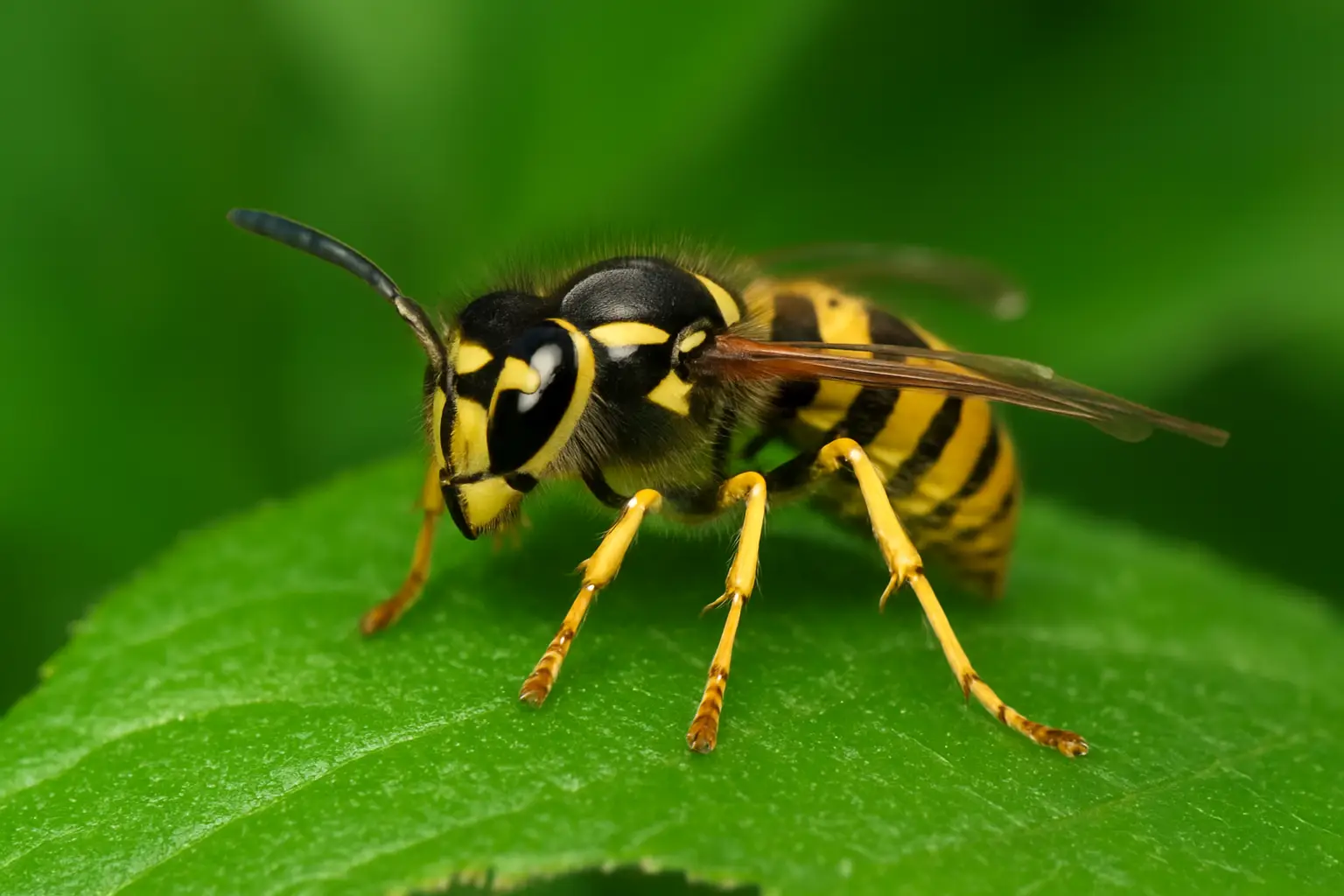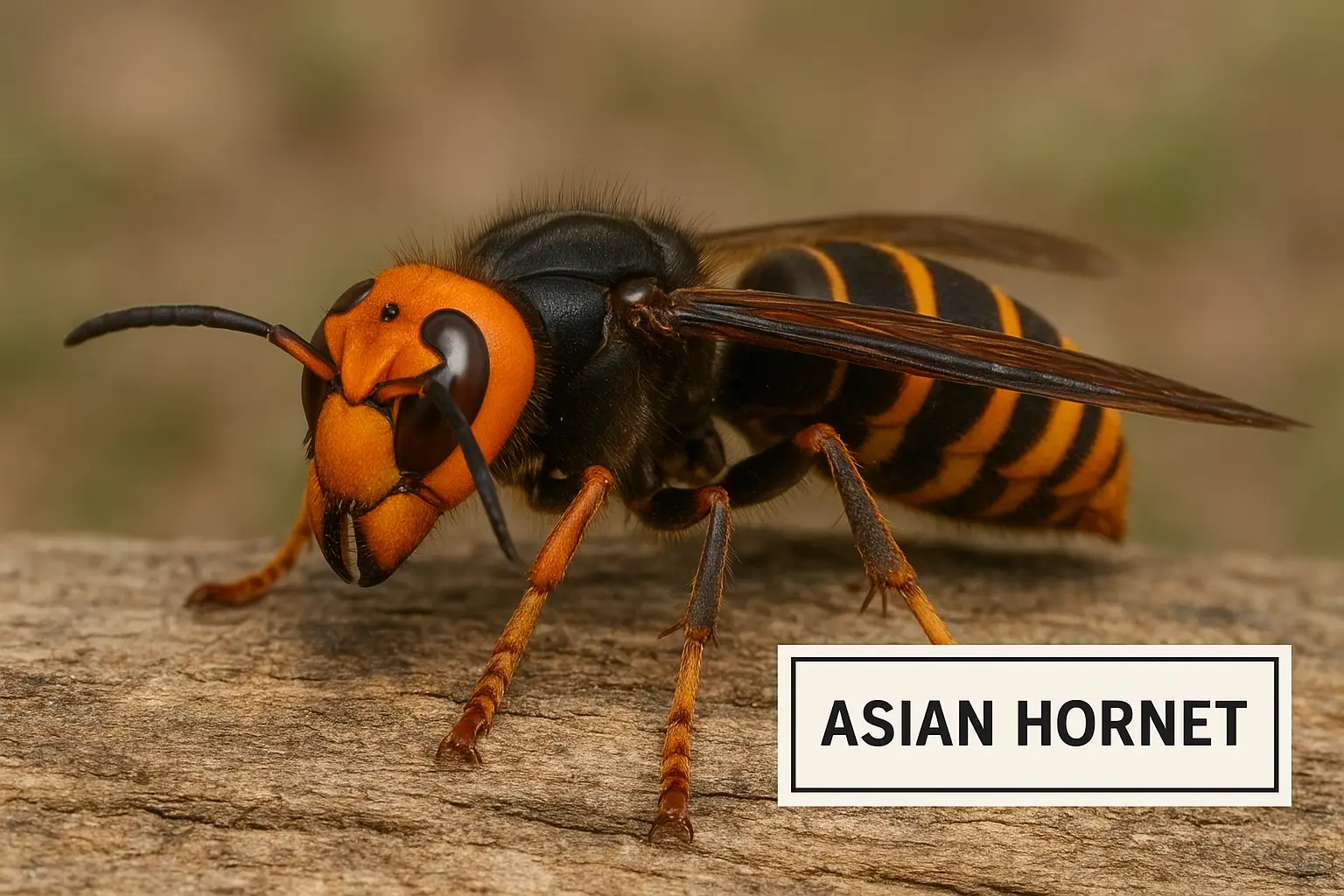Wasps Under Watch: UK’s Push to Track Nests, Habits and the Threat of Hornets

Question The Times – Environment
Wasps Under Watch: UK’s Push to Track Nests, Habits and the Threat of Hornets
By Question The Times Environment Correspondent
The British public is being asked to lend a hand in one of the most unusual – and important – conservation efforts of the summer: tracking wasps. Far from being mere picnic pests, wasps play a crucial role in pollination and natural pest control, and scientists are now eager to understand more about their habits, distribution and population health across the UK.
The government’s Centre for Ecology & Hydrology (CEH), alongside university research teams, has launched a nationwide survey, encouraging people to log sightings of wasps through dedicated apps and websites. Volunteers are asked to submit photographs, nest locations and behavioural observations. The data will help ecologists build a detailed map of how wasp species are responding to climate change, urbanisation and agricultural practices.
“Wasps are the unsung heroes of British biodiversity,” said Dr. Elaine Foster, a senior entomologist involved in the project. “They hunt flies, aphids and caterpillars that otherwise damage crops, and they are also valuable pollinators. Without them, ecosystems and food production would suffer greatly.”
The Hornet Threat
Alongside the survey, officials are sounding the alarm over a more sinister development: the steady arrival of Asian hornets (Vespa velutina). First recorded in France in 2004, the species has spread rapidly across mainland Europe and has now been spotted in southern England. Unlike the native European hornet, the Asian hornet poses a significant threat to honeybees, upon which UK farming and food supplies heavily depend.
Asian hornets prey voraciously on honeybee colonies, often wiping out entire hives within days. With pollinators already in decline, their spread could have devastating consequences for biodiversity and agriculture. Each year the UK government spends thousands of pounds on eradication efforts, including nest destruction and surveillance teams deployed in at-risk areas.
“Stopping Asian hornets from establishing here is a national priority,” warned the Department for Environment, Food & Rural Affairs (DEFRA). “The economic and ecological damage they could cause is immense. But we can only succeed with the public’s vigilance.”
What the Public Should Do
Anyone who believes they have spotted an Asian hornet is urged not to approach it or attempt to destroy nests themselves, as the insects can be aggressive when threatened. Instead, individuals should:
-
Photograph the insect if safe to do so.
-
Record the location, time and date.
-
Submit sightings through DEFRA’s Asian Hornet Watch app or online reporting system.
Asian hornets are generally darker than European hornets, with a distinctive orange face and a single yellow band across the abdomen. Their legs also appear tipped in yellow – a key identifying feature.
By contrast, native wasps and hornets should not be persecuted, scientists stress. Though sometimes irritating at picnics, these species are integral to maintaining ecological balance. “We must learn to see wasps not as enemies, but as essential allies,” said Dr. Foster.
A Call for Citizen Science
For many, the new survey represents an opportunity to change public perception. By involving households, gardeners and nature enthusiasts, researchers hope not only to gather valuable data but also to encourage a newfound respect for these much-maligned insects.
If successful, the UK will have both a stronger defence against invasive hornets and a richer understanding of its native wasps – insects that, though often swatted away, quietly underpin the health of the nation’s fields, gardens and woodlands.
